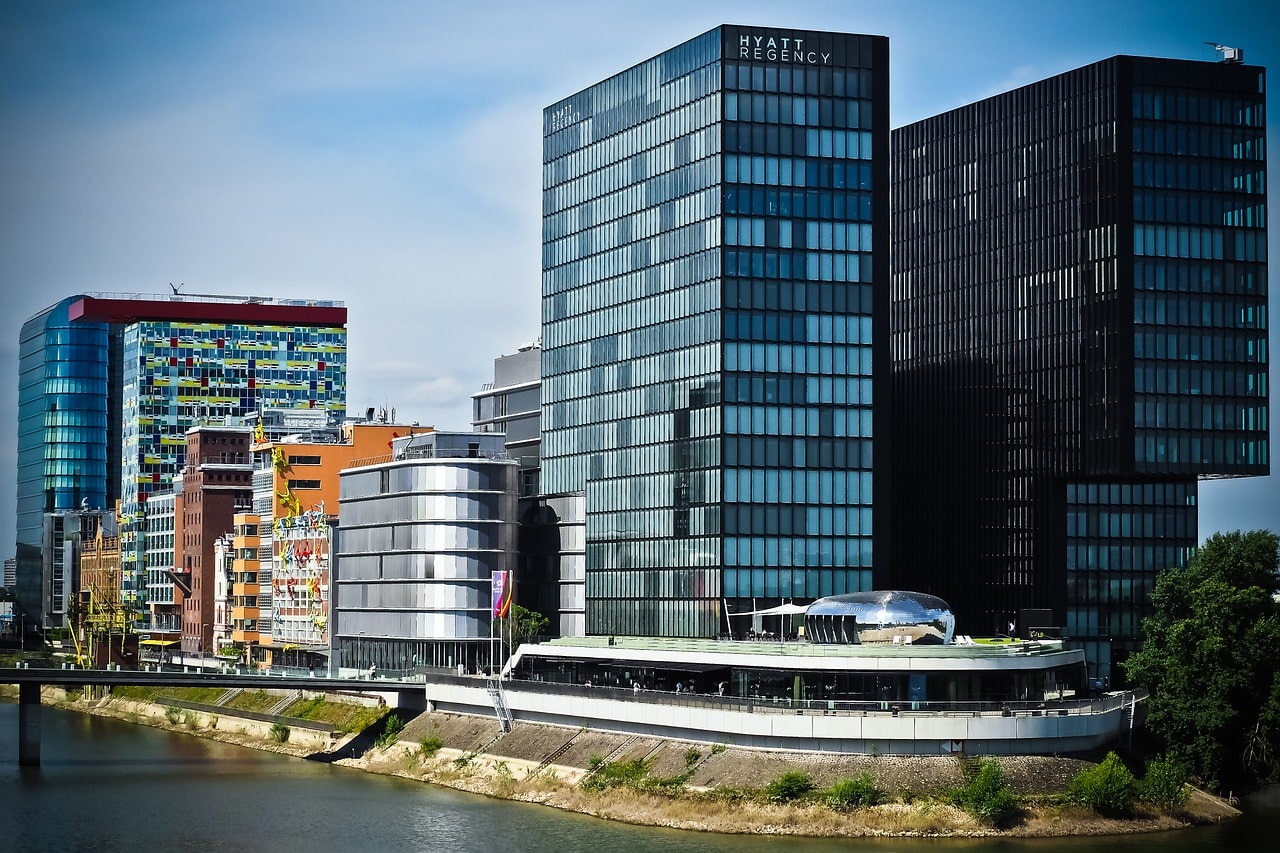
A practical guide in support of the Kunming - Montreal Global Biodiversity Framework
Our world faces environmental crises that threaten life as we know it. Across the globe, Earth's ecosystems are degrading through deforestation, pollution, and dangerous warming. As nature declines worldwide, poor and traditional communities, especially in rural areas of developing countries, face the greatest risks from these losses.
Sustaining and restoring nature is not just urgent - it is common sense. Healthy ecosystems provide our essential needs like food and water while underpinning our prosperity and well-being. They shield us from hunger, drought, disease, and climate disasters. Most importantly, they are key to realizing people's rights to a good life, protecting cultures, and securing a foundation for future generations.
Working with nature - not against it - is crucial for ensuring a healthy future for all. While our scientific understanding shows us how to address these challenges, transforming our relationship with nature requires significant changes in government policies, production and consumption patterns, and individual behavior. This practical guide presents some of the most important actions that individuals and organizations can take to collectively achieve the goal to transform our relationship with nature.
*For all life on Earth: Actions to protect, restore and sustainably use nature was written in preparation of the Convention on Biological Diversity’s 16th Conference of Parties (CBD COP16) in Cali, Colombia. It is produced in support of the Global Biodiversity Framework and the UN Decade on Ecosystem Restoration.
